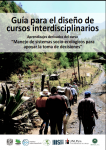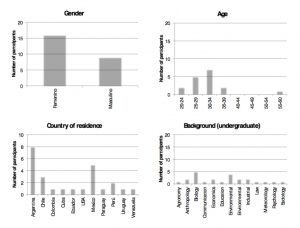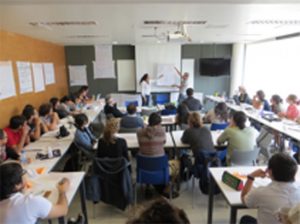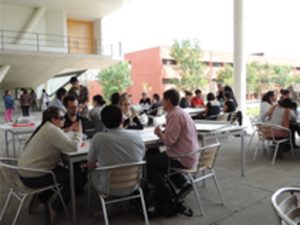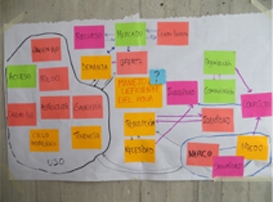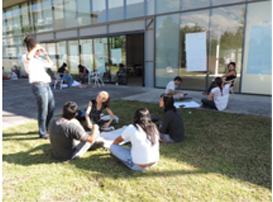Intensive training program in management of social-ecological systems to support decision-making (CRN 3097)
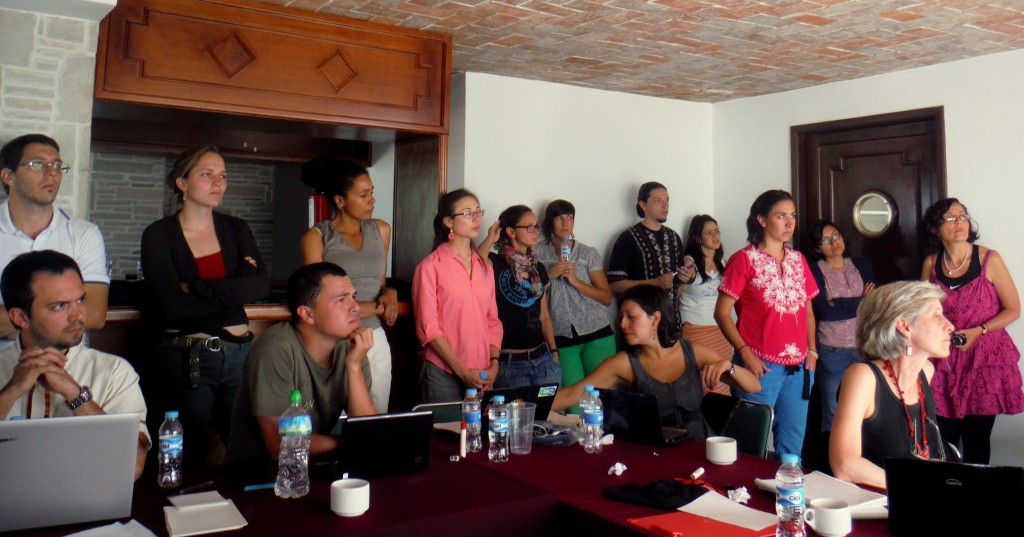
Project information
Results Activities Outreach Investigators Executive Summary Photos
Results
This is a summary of the most salient project results. For further information see the project website, project papers or contact the investigators directly.
The project developed a short course on environmental research and management documenting the dynamics of establishing transdisciplinarity. A research project was co-designed over 8 afternoons between course participants, an NGO working in the Monarch Biosphere Reserve and inhabitants of the study area. Data were collected with support from the NGO, and analyzed in a hierarchically nested structure.
The project developed a “socio-ecosystem” approach which required transdiscipline to frame and understand the tasks, and a willingness for participatory and adaptive intervention by the participants. An important principle of complementarity emerged, because reality cannot be described from a single point of view or discipline. Complementary approaches with framings from different disciplines and stakeholders provide a more complete and coherent analysis.
The resulting student project provided a scenario analysis for the park which showed differences in evapotranspiration that would cause 20% more (erosive) run-off under a non-conservative deforestation. This was accompanied by social surveys on the variability of water supply (most experience this); access to water (further from the source, leaks and theft reduce availability and newcomers are less likely to have access than community members); and on rules on water distribution established and enforced by the community.
Combining the understanding of ecosystem function and social vulnerabilities, the design of adaptive management options included sustainable ecosystem management practices, participative communication and education strategies, redesign of some community rules, technical maintenance interventions and bureaucratic (permitting) changes.
The experience of the course was synthesized into a guide for designing interdisciplinary courses published in Spanish on the IAI web site. It has seen 7730 downloads, and the IAI facebook page of the guide has been seen 17,000 times and 135 times shared. In May and June of 2016, 8 months after its publication, it still saw 183 downloads, showing its continued interest.
Project activities
Given the difficulties to approach the complex relationship between society and nature, efforts to solve environmental problems have generally been unsuccessful. Here we suggest that a holistic “socio-ecosystem” approach by the sciences could help diminish these difficulties by embracing four kinds of changes:
i) ontological, which introduces the concept of “socio-ecosystem”;
ii) epistemological, which proposes transdiscipline as the way to understand them,
iii) methodological, which suggests that in intervention in them must be participatory and adaptive,
iv) institutional changes that would facilitate the adoption of this approach.
This is then followed by a description of a transdisciplinary work experience in the Zitácuaro river basin, in Mexico, in the context of an international course on socio-ecosystem management.
Project Outreach
Transdisciplinary studies in socio-ecosystems: Theoretical considerations and its application in Latin American contexts
(in Spanish)
Ortega Uribe et al, 2014, Estudios transdisciplinarios en socio-ecosistemas- reflexiones teóricas y su aplicación en contextos latinoamericanos,
Investigación ambiental 6 (2), INECC, México, pag.123-136
Project investigators
Patricia Balvanera (pbalvanera@cieco.unam.mx)
Centro de Investigaciones en Ecosistemas, Universidad Nacional Autónoma de México (Mexico)
Executive summary
Future interdisciplinary collaboration across the Americas to support decision-making is needed and can be fostered through capacity building. We will offer a theoretical and practical intensive course to 40 students to strengthen current and foster the creation of future research networks on management of social-ecological systems. Students will be selected to cover a range of training stages (undergraduate to postdoctoral), background (natural and social sciences), countries, and insertion into on-going regional and global research initiatives.
The course will introduce the basic concepts and analytical tools from the natural and social sciences for interdisciplinary studies on social-ecological systems and present current progress and challenges in trans-disciplinary research in agroecosystems and community forest management. A short problem oriented research project will be co-designed and undertaken in a nearby site by students and members of a local Non-Governmental Organization (NGO) and local rural communities.
The deliverables are: i) group research project report for the NGO and the local authorities and inhabitants (in Spanish), ii) individual evaluations of the course from each of the students, iiI) evaluation of the successes and limitations and future opportunities of the course by the team of investigators, iv) collective paper for a policy oriented journal on the group research project (in Spanish). The capacity building exercise aims at strengthening ongoing and fostering future interdisciplinary research across the Americas.

